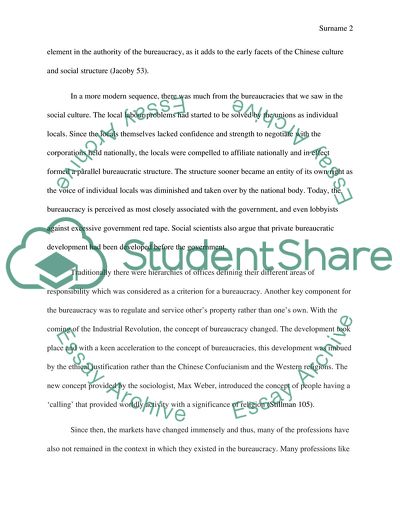Cite this document
(“Bureaucracy Essay Example | Topics and Well Written Essays - 1250 words - 1”, n.d.)
Bureaucracy Essay Example | Topics and Well Written Essays - 1250 words - 1. Retrieved from https://studentshare.org/english/1603845-bureaucracy
Bureaucracy Essay Example | Topics and Well Written Essays - 1250 words - 1. Retrieved from https://studentshare.org/english/1603845-bureaucracy
(Bureaucracy Essay Example | Topics and Well Written Essays - 1250 Words - 1)
Bureaucracy Essay Example | Topics and Well Written Essays - 1250 Words - 1. https://studentshare.org/english/1603845-bureaucracy.
Bureaucracy Essay Example | Topics and Well Written Essays - 1250 Words - 1. https://studentshare.org/english/1603845-bureaucracy.
“Bureaucracy Essay Example | Topics and Well Written Essays - 1250 Words - 1”, n.d. https://studentshare.org/english/1603845-bureaucracy.


